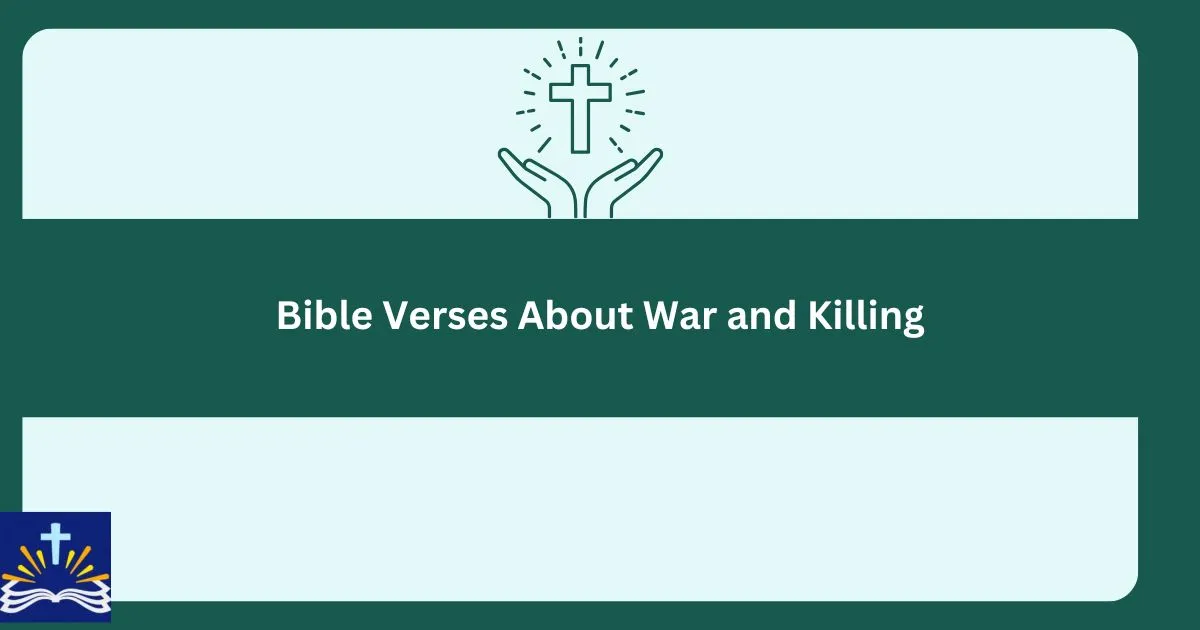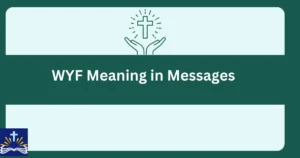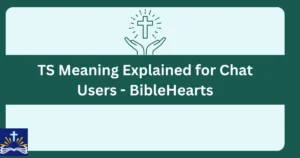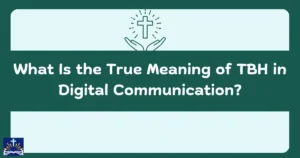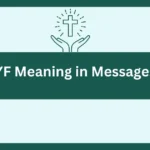“Explore the complex and profound teachings of the Bible on war and killing, understanding how scripture addresses conflict, violence, and peace.”
The topics of war and killing are complex and challenging when examined through the lens of Scripture. The Bible contains various passages that discuss these themes, reflecting different historical contexts and divine perspectives. From the Old Testament’s narratives of battles to New Testament teachings on peace and reconciliation, the Bible offers a nuanced view of conflict and violence.
Understanding the biblical perspective on war and killing involves exploring both the historical context and the ethical teachings found in Scripture. This article delves into key Bible verses that address these issues, providing insights into how believers can navigate the challenges of conflict and violence while seeking to live out God’s principles of peace and justice.
1. Old Testament Perspectives on War
Verses:
- Exodus 15:3 – “The Lord is a warrior; the Lord is his name.”
- Deuteronomy 20:1 – “When you go to war against your enemies and see horses and chariots and an army greater than yours, do not be afraid of them, because the Lord your God, who brought you up out of Egypt, will be with you.”
- Joshua 6:20 – “When the trumpets sounded, the army shouted, and at the sound of the trumpet, when the men gave a loud shout, the wall collapsed; so everyone charged straight in, and they took the city.”
- 1 Samuel 15:3 – “Now go, attack the Amalekites and totally destroy all that belongs to them. Do not spare them; put to death peoples, children and infants, cattle and sheep, camels and donkeys.”
- 2 Samuel 22:35 – “He trains my hands for battle; my arms can bend a bow of bronze.”
- Psalm 144:1 – “Praise be to the Lord my Rock, who trains my hands for war, my fingers for battle.”
Real-Life Example:
Consider the historical context of Exodus 15:3 and Joshua 6:20. In ancient Israel, warfare was often seen as a means of establishing and protecting God’s covenant with His people. Understanding these verses requires considering the specific historical and theological contexts in which they were written.
2. New Testament Teachings on Peace and Conflict
Verses:
- Matthew 5:9 – “Blessed are the peacemakers, for they will be called children of God.”
- Matthew 26:52 – “Put your sword back in its place…for all who draw the sword will die by the sword.”
- Romans 12:18 – “If it is possible, as far as it depends on you, live at peace with everyone.”
- James 4:1 – “What causes fights and quarrels among you? Don’t they come from your desires that battle within you?”
- Ephesians 6:12 – “For our struggle is not against flesh and blood, but against the rulers, against the authorities, against the powers of this dark world and against the spiritual forces of evil in the heavenly realms.”
- Hebrews 12:14 – “Make every effort to live in peace with everyone and to be holy; without holiness no one will see the Lord.”
Real-Life Example:
A believer navigating a personal conflict might reflect on Matthew 5:9 and Romans 12:18, focusing on peacemaking and reconciliation as central to their Christian walk. These teachings emphasize a commitment to peace and understanding, even in challenging situations.
3. God’s Justice and Righteous Judgment
Verses:
- Genesis 9:6 – “Whoever sheds human blood, by humans shall their blood be shed; for in the image of God has God made People.”
- Psalm 7:11 – “God is a righteous judge, a God who displays his wrath every day.”
- Isaiah 13:15 – “Whoever is captured will be thrust through; all who are caught will fall by the sword.”
- Jeremiah 50:21 – “Attack the land of Merathaim and those who live in Pekod. Pursue, kill and completely destroy them, declares the Lord. Do everything I have commanded you.”
- Nahum 1:2 – “The Lord is a jealous and avenging God; the Lord takes vengeance and is filled with wrath. The Lord takes vengeance on his foes and vents his wrath against his enemies.”
- Revelation 19:11 – “I saw heaven standing open and there before me was a white horse, whose rider is called Faithful and True. With justice he judges and wages war.”
Real-Life Example:
A person seeking to understand divine justice might study Genesis 9:6 and Psalm 7:11, recognizing that while God is depicted as a righteous judge, His justice is intertwined with His mercy and grace, influencing how believers approach issues of justice and judgment.
4. Biblical Reflections on Killing and Murder
Verses:
- Exodus 20:13 – “You shall not murder.”
- Matthew 5:21-22 – “You have heard that it was said to the people long ago, ‘You shall not murder, and anyone who murders will be subject to judgment.’ But I tell you that anyone who is angry with a brother or sister will be subject to judgment.”
- Leviticus 24:17 – “Anyone who takes the life of a human being is to be put to death.”
- Proverbs 6:16-17 – “There are six things the Lord hates, seven that are detestable to him: haughty eyes, a lying tongue, hands that shed innocent blood.”
- 1 John 3:15 – “Anyone who hates a brother or sister is a murderer, and you know that no murderer has eternal life residing in him.”
- Romans 13:9 – “The commandments, ‘You shall not commit adultery,’ ‘You shall not murder,’ ‘You shall not steal,’ ‘You shall not covet,’ and whatever other command there may be, are summed up in this one command: ‘Love your neighbor as yourself.'”
Real-Life Example:
An individual grappling with the concept of violence might study Exodus 20:13 and Matthew 5:21-22, understanding that biblical teachings emphasize the sanctity of life and the need for reconciliation and love rather than harboring anger or committing acts of violence.
5. The Role of Forgiveness in Conflict Resolution
Verses:
- Matthew 18:21-22 – “Then Peter came to Jesus and asked, ‘Lord, how many times shall I forgive my brother or sister who sins against me? Up to seven times?’ Jesus answered, ‘I tell you, not seven times, but seventy-seven times.’”
- Luke 6:27 – “But to you who are listening I say: Love your enemies, do good to those who hate you.”
- Romans 12:19 – “Do not take revenge, my dear friends, but leave room for God’s wrath, for it is written: ‘It is mine to avenge; I will repay,’ says the Lord.”
- Ephesians 4:32 – “Be kind and compassionate to one another, forgiving each other, just as in Christ God forgave you.”
- Colossians 3:13 – “Bear with each other and forgive one another if any of you has a grievance against someone. Forgive as the Lord forgave you.”
- 2 Corinthians 2:10 – “Anyone you forgive, I also forgive. And what I have forgiven—if there was anything to forgive—I have forgiven in the sight of Christ for your sake.”
Real-Life Example:
A person dealing with a personal conflict or grudge might reflect on Matthew 18:21-22 and Romans 12:19, understanding that forgiveness and letting go of revenge are central to resolving conflicts and aligning with Christian principles of grace and mercy.
6. Peace and Reconciliation: Biblical Mandates
Verses:
- Isaiah 2:4 – “He will judge between the nations and will settle disputes for many peoples. They will beat their swords into plowshares and their spears into pruning hooks. Nation will not take up sword against nation, nor will they train for war anymore.”
- Micah 4:3 – “He will judge between many peoples and will settle disputes for strong nations far and wide. They will beat their swords into plowshares and their spears into pruning hooks. Nation will not take up sword against nation, nor will they train for war anymore.”
- John 14:27 – “Peace I leave with you; my peace I give you. I do not give to you as the world gives. Do not let your hearts be troubled and do not be afraid.”
- Romans 14:19 – “Let us therefore make every effort to do what leads to peace and to mutual edification.”
- Philippians 4:7 – “And the peace of God, which transcends all understanding, will guard your hearts and your minds in Christ Jesus.”
- Hebrews 12:14 – “Make every effort to live in peace with everyone and to be holy; without holiness no one will see the Lord.”
Real-Life Example:
A believer seeking to foster peace might study Isaiah 2:4 and John 14:27, focusing on the call to promote reconciliation and peace in personal relationships and broader communities, reflecting the transformative power of God’s peace in their life.
Bible Verses About Perfection
7. Biblical Call to Justice and Righteousness
Verses:
- Amos 5:24 – “But let justice roll on like a river, righteousness like a never-failing stream!”
- Micah 6:8 – “He has shown you, O mortal, what is good. And what does the Lord require of you? To act justly and to love mercy and to walk humbly with your God.”
- Proverbs 21:3 – “To do what is right and just is more acceptable to the Lord than sacrifice.”
- Isaiah 1:17 – “Learn to do right; seek justice. Defend the oppressed. Take up the cause of the fatherless; plead the case of the widow.”
- Jeremiah 9:24 – “But let the one who boasts boast about this: that they have the understanding to know me, that I am the Lord, who exercises kindness, justice, and righteousness on earth, for in these I delight,” declares the Lord.
- Zechariah 7:9 – “This is what the Lord Almighty says: ‘Administer true justice; show mercy and compassion to one another.’”
Real-Life Example:
A person committed to social justice might draw inspiration from Micah 6:8 and Amos 5:24, applying biblical principles to advocate for fairness and righteousness in their community, ensuring that their actions reflect God’s justice and mercy.
How can Christians navigate the ethical dilemmas of war and violence in light of biblical teachings?
Navigating ethical dilemmas related to war and violence involves understanding the context and principles laid out in Scripture. Christians are called to uphold values of peace, justice, and love, reflecting God’s character while engaging with complex issues.
This involves discerning the application of biblical teachings on conflict, seeking to act justly, and advocating for reconciliation and nonviolence wherever possible. Engaging in thoughtful reflection, prayer, and seeking counsel from trusted spiritual leaders can help guide ethical decisions in challenging situations.
ANSWERS TO KEY QUESTIONS
1. What does the Bible say about war and violence?
The Bible presents a range of perspectives on war and violence, from narratives of historical conflicts to teachings on peace and reconciliation. It emphasizes the need for justice and righteousness while also calling believers to pursue peace and avoid unnecessary violence.
2. How should Christians respond to conflict according to the Bible?
Christians are encouraged to seek peace, practice forgiveness, and resolve conflicts through love and understanding. Passages like Matthew 5:9 and Romans 12:18 guide believers to be peacemakers and strive for reconciliation.
3. Are there any biblical guidelines for engaging in war?
The Bible provides historical accounts of war in the Old Testament and teachings on conflict in the New Testament. While historical context is important, principles of justice, righteousness, and seeking peace are central to understanding these guidelines.
4. How does the Bible address the concept of killing and murder?
The Bible prohibits murder and emphasizes the sanctity of life, as seen in Exodus 20:13. It also addresses the broader issues of anger and hatred, which can lead to violence.
5. What role does forgiveness play in dealing with conflict?
Forgiveness is a key theme in the New Testament, with teachings emphasizing its importance in resolving conflicts and fostering peace. Verses like Matthew 18:21-22 highlight the call to forgive others as God forgives us.
Conclusion
Understanding Bible verses about war and killing offers valuable insights into how Scripture addresses the complex issues of conflict and violence. From historical contexts to ethical teachings, the Bible provides guidance on seeking peace, justice, and reconciliation.
By reflecting on these scriptures, believers can navigate the challenges of conflict with a deeper understanding of God’s principles and a commitment to living out His teachings in their daily lives

Hi! I’m Zaide Smith, the admin of Bibblehearts.com, where I strive to curate engaging content that inspires and connects our readers. With a passion for storytelling and community building, I’m dedicated to fostering a welcoming space for all.
